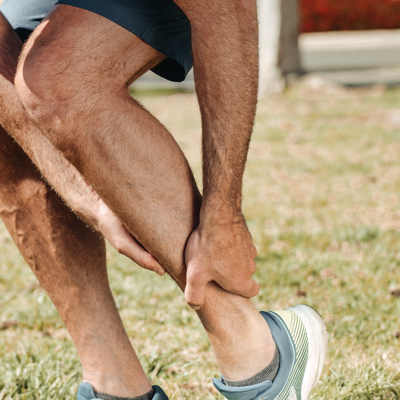Osteoporosis affects one in two women and one in five men over the age of 50 years. Osteoporosis occurs when bones become porous, which can lead to an increased risk of fracture, especially at the hip, spine and wrist. Fractures caused by osteoporosis can mean a loss of independence, but also an increased risk of mortality. In menopause, osteoporosis is linked to other diseases such as cardiovascular disease.
What are the causes of osteoporosis? Am I likely to suffer from it?
The main reason you may suffer from osteoporosis is due to your genes. If you have a family history of osteoporosis, then you are more likely to have or get osteoporosis. If you are an Asian or Caucasian female, then you are also more likely to get osteoporosis.
There are also things you do as part of your lifestyle that make you more susceptible to osteoporosis:
- If you do not take part in any bone-loading activity, such as activities involving impact or high-load resistance training; if you are a swimmer or cyclist, for instance, your bone health might not be as good as someone who engages in sports such as basketball and tennis
- Have a body mass index of less than or equal to 19kg/m2
- Smoke (or have smoked in the last 10 years) more than 15 cigarettes a day
- Use certain drugs or medication, such as glucocorticoids, that affect your bone metabolism
- Do not have enough calcium in your diet
- Have low levels of vitamin D because of your diet and/or because you spend little or no time outdoors
- Have a condition that prevents you from absorbing calcium, such as gastro-intestinal disorders or a gastric band
- Are peri- (nearly) or postmenopausal
- Have had an early hysterectomy
- Have – or ever have had – amenorrhoea (a loss of your menstrual cycle) for three months or more.
How do I know if I have osteoporosis?
The only way for you to know for sure if you have osteoporosis is if you get a scan of your bones, called a DXA or DEXA scan. These scans need to be recommended by your GP and are usually carried out in a hospital-based setting, although there are a number of private companies who offer these whole- body DXA scans.
What could I do to avoid osteoporosis if I already exercise but do not currently have osteoporosis?
- Make sure the exercise you usually do involves some kind of impact or high-load resistance training that is varied and directional, such as playing tennis or basketball. Walkers and joggers tend to have lower bone health than sprinters and team sports players.
- If you don’t do any jumping as part of your current exercise regime, add 10 jumps per day. Jump on a hard surface without shoes. Jump as high as you feel comfortable. Separate each jump by a 10-second rest. Stop jumping if you get injured or feel any strenuous muscle pull or joint pain.
- To target the upper body, do high-load resistance training or try ‘wall drops’: stand facing a wall at a distance equivalent to one arm’s length. Take one small step back, then drop onto the wall with your outstretched arm, landing on thepalm of your hand (just one arm at a time). Repeat between 20 and 40 times, twice a week.
- Consume 800mg of calcium per day from foods such as dairy products, green leafy vegetables and tofu.
- Consume 10mg of vitamin D from foods such as oily fish, egg yolks and red meat.
- Spend time in sunlight to top up your vitamin D levels.
- Eat six to eight prunes per day, as these have been found to be particularly beneficial for bone health.
Reproduced from an original article by Staffordshire University and distributed by FitPro : the leading education resource for fitness professionals.



